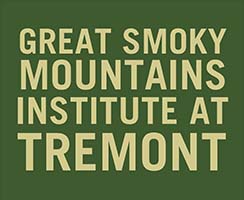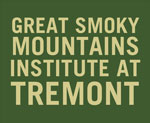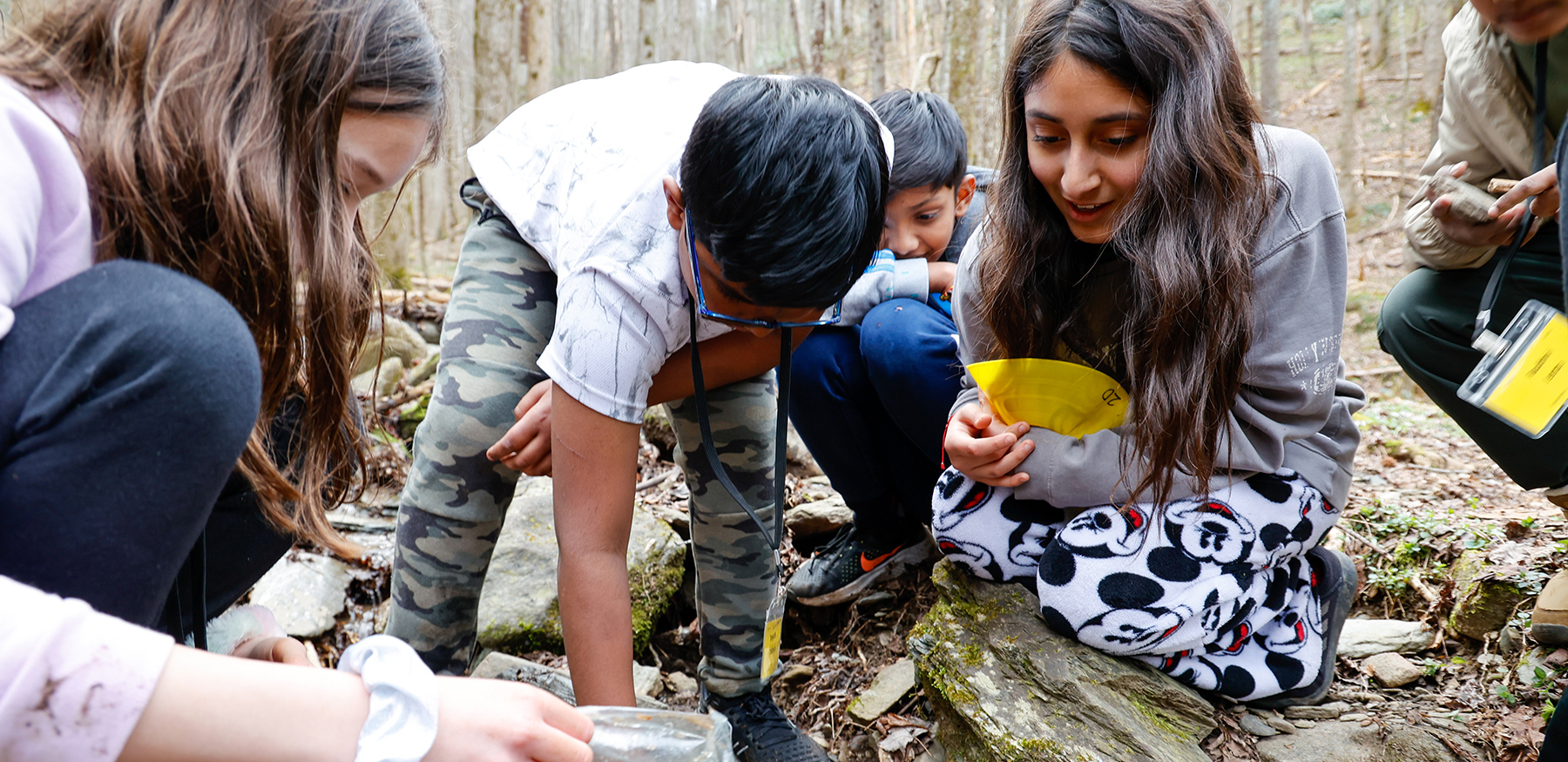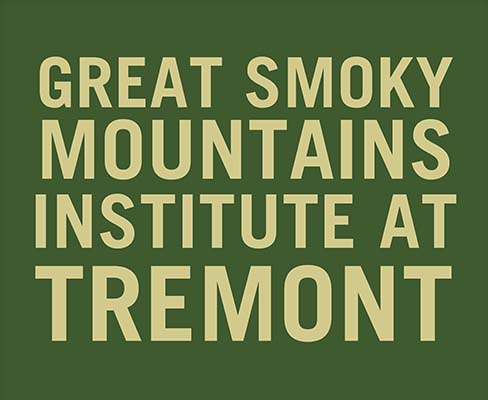Parent Resources
Tremont is a place where connections are made. Through activities in the natural world like salamander searches, waterfall hikes, and evening campfires, Tremont programs provide time and space for students to genuinely connect with their peers and teachers, as well as classroom concepts – all while exploring the beautiful Great Smoky Mountains National Park.
By intertwining science and history with hands-on investigations, students can make real-world connections to their academic studies. These experiences not only deepen their understanding of these subjects but also cultivate a love for learning that extends beyond the trip itself.
Our dedicated and expert staff possess a remarkable ability to make students feel welcome and at home. We create a supportive environment that encourages peer-to-peer and teacher-student connections and facilitates an enriching and wonder-based relationship with the natural environment.
We understand that sending your child on an overnight trip can be a big decision, and we are here to provide you with all the information you need to feel comfortable with their upcoming adventure. We’ve compiled many of our most-asked questions below, but feel welcome to reach out with any additional questions you may have.
Frequently Asked Questions
We all belong in nature.
At Tremont, we deeply believe that connection to place and to each other makes us more whole and our communities more resilient. We succeed in our mission when we facilitate inclusive outdoor experiences that contribute to each participant’s sense of belonging in nature and the Great Smoky Mountains.
We embrace the idea of nature as not that which is untouched by humanity but where life thrives. As such, we have the opportunity to address inequities that prevent individuals from thriving at Tremont. This includes addressing the systemic racism that has resulted in the intentional exclusion of Black, Indigenous, and other marginalized community members from being welcomed or safe in the outdoors, precluding their feelings of belonging in these spaces.
This work takes planning and intentionality. We accept our responsibility to adjust our policies, teaching practices, and workplace culture to provide equality of access to, and connection with, a healthy natural environment. Our ongoing efforts center on racial equity, yet we understand the intersection of this work with other discrimination based on physical ability, religion, sex, sexual orientation, gender identity, and/or ethnic background.
When we uplift the most marginalized communities, we all become stronger.



